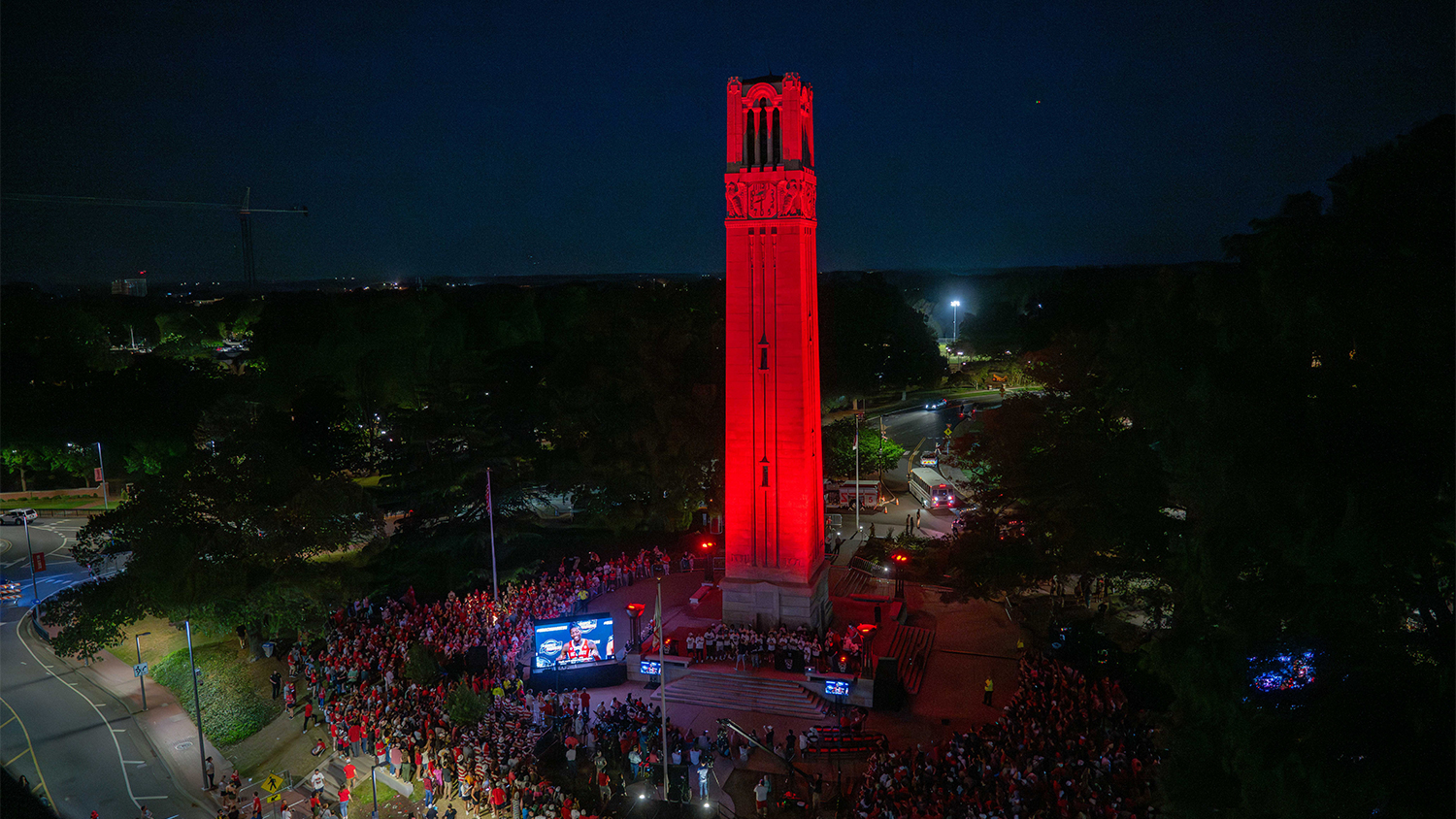Congratulations to Dr. George Rouskas, Director of Graduate Programs and Alumni Distinguished Graduate Professor of Computer Science at NC State, on being awarded the 2023 Outstanding Technical Achievement Award by the Optical Networking Technical Committee (ONTC) of the IEEE Communications Society (ComSoc). The Outstanding Technical Achievement Award is a prestigious, annual award for lifetime contributions to optical networking. Rouskas is being recognized for his “pioneering research in the design, implementation, operation, and control of fiber optic networks”.

ComSoc promotes technological innovation and fosters the creation and sharing of information among the global technical community. This community comprises engineers, academics, practitioners, scientists, executives, and associates from more than 140 countries. One area of innovation ComSoc promotes is optical networking technologies, which ONTC supports. ONTC is its focal point in optical networking technologies and leads symposia, workshops, sessions, and tutorials for members interested in this area.
Rouskas’ research interests are in the broad field of computer networking — specifically, optical networks, Internet architectures and protocols, network design and optimization, performance modeling, and scheduling. His research has received funding from federal and defense agencies as well as industry. As of 2020, 25 PhD students and 12 Masters thesis students have graduated under his supervision. He is the author of the monograph “Internet Tiered Services: Theory, Economics and Quality of Service” (Springer, 2009), co-editor of the book “Next-Generation Internet: Architectures and Protocols” (Cambridge University Press, 2011), and co-editor of the book “Traffic Grooming for Optical Networks: Foundations, Techniques and Frontiers” (Springer, 2008).
He has served the research community in multiple roles. He was the founding Editor-in-Chief of IEEE Networking Letters from 2018-2021 and served as Steering Committee Member of the OFC conference from 2017-2023. He co-founded and served as co-Editor-in Chief of the Elsevier journal Optical Switching and Networking from 2004-2017. In 2016-17 he served as Chair of the IEEE Communications Society Distinguished Lecturer Selection Committee, as Chair of the Optical Networking Technical Committee (ONTC), and as Vice-Chair of the IEEE Communications Society Technical and Educational Activities Council. As an IEEE Distinguished Lecturer in 2010-2011, he completed four tours in the US, Caribbean, and Sri Lanka. He was the TPC or General chair for: IEEE LATINCOM 2024, ICCCN 2022, DRCN 2022, IEEE MeditCom 2021, ICCCN 2021,IEEE MASS 2018, IEEE ICC ONS 2017, IEEE ICNP 2014, ICCCN 2013 and 2011, IEEE GLOBECOM ONS 2010, BROADNETS 2007, IEEE LANMAN 2005 and 2004, and IFIP NETWORKING 2004.
Rouskas has been recognized with many awards including an IEEE ONTC Outstanding Service Award (2019), an IEEE GLOBECOM Outstanding Service Award (2010), an IBM Faculty Partnership Award (2007), an ALCOA Foundation Engineering Research Achievement Award (2004, NC State College of Engineering), an Alumni Outstanding Research Award (2003, NC State), an NSF CAREER Award (1997), and an Outstanding New Teacher Award (1995, NC State Department of Computer Science). He was inducted in the NC State University Academy of Outstanding Teachers in 2004.
He was elected Fellow of the IEEE in 2012 for “contributions in algorithms, protocols, and architectures of optical networks.” He was presented with the 2023-24 Department of Computer Science Person of Exceptional Performance (PEP) Award for “contributing significantly to the department’s success as role model for what it means to ‘think and do the extraordinary’.”
Rouskas received his BS degree in Computer Engineering from the National Technical University of Athens, and MS and PhD degrees in Computer Science from the Georgia Institute of Technology.
This post was originally published in the Department of Computer Science.
- Categories:



